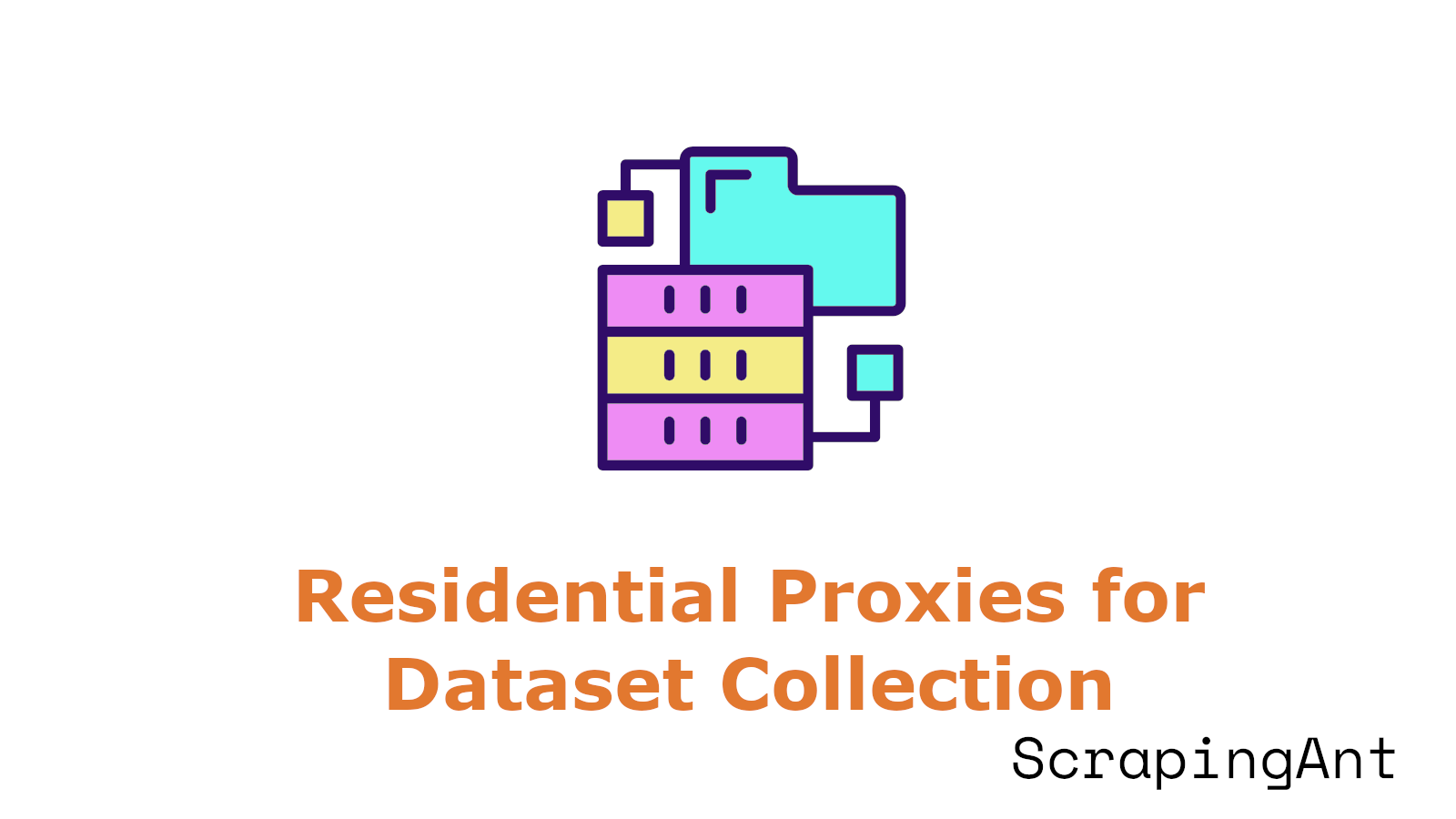
In the realm of command-line utilities for web interactions, wget stands as a powerful tool for making HTTP requests, including POST operations. This comprehensive guide explores the intricacies of sending POST requests using wget, a versatile utility that has become essential for automated web interactions and data submission tasks. According to the (GNU Wget Manual), wget provides robust support for POST requests through its --post-data and --post-file options, though with specific limitations and considerations. While primarily designed for simple HTTP operations, wget's POST capabilities have evolved to handle various authentication mechanisms, security protocols, and data formats, making it a valuable tool for developers and system administrators. The tool's approach to POST requests reflects a balance between simplicity and functionality, particularly in its support for the application/x-www-form-urlencoded format (Super User). This research delves into the technical aspects, implementation strategies, and best practices for utilizing wget's POST request capabilities effectively.








